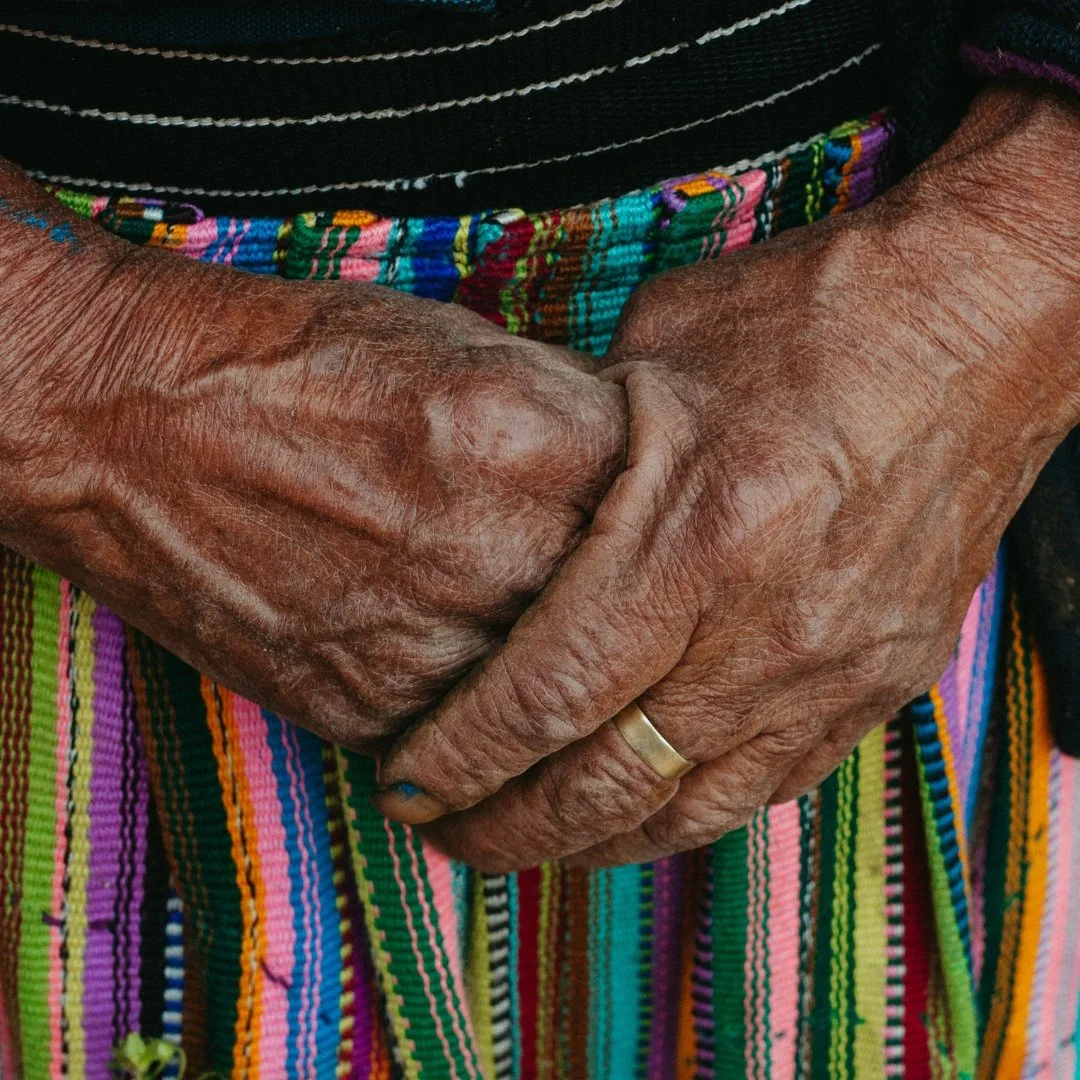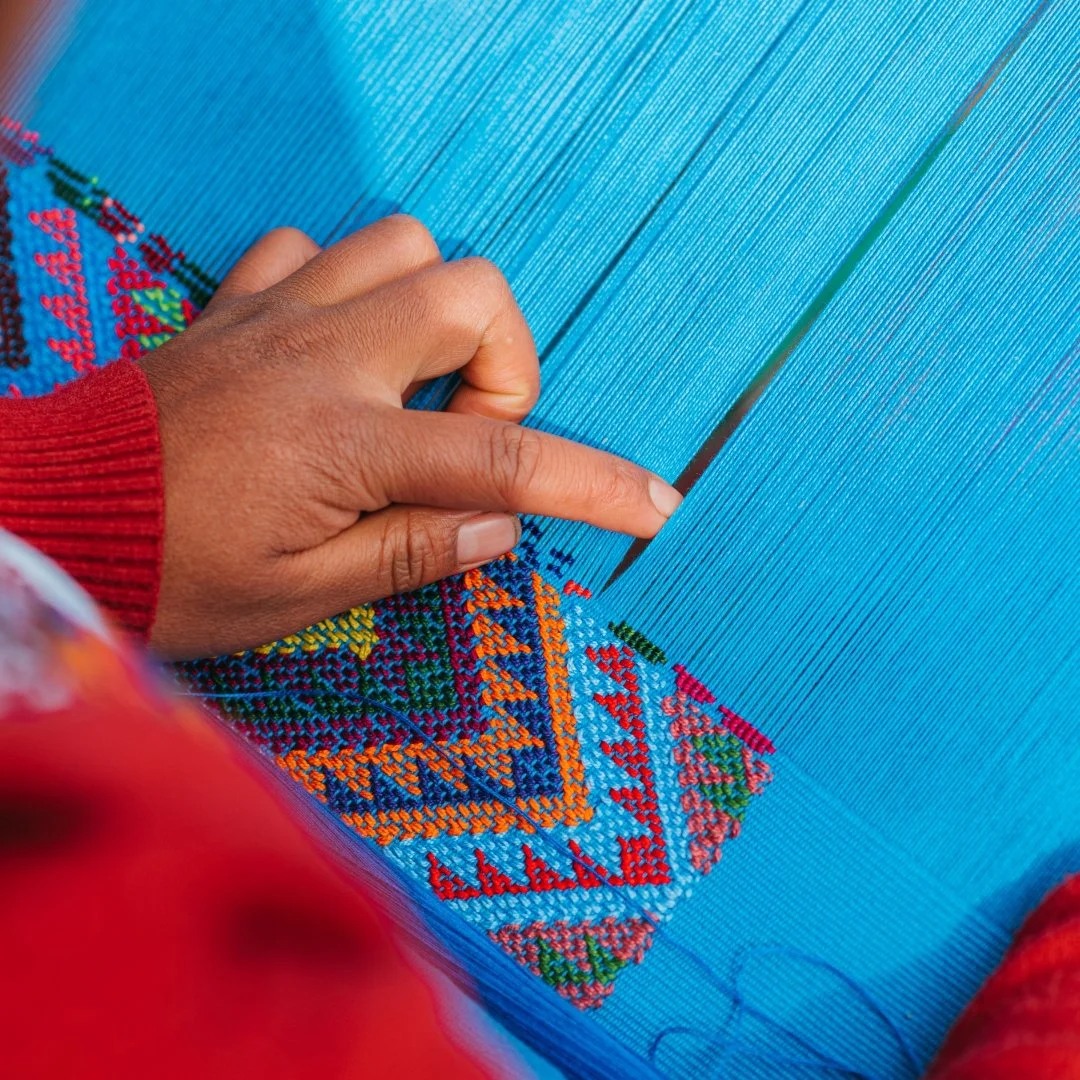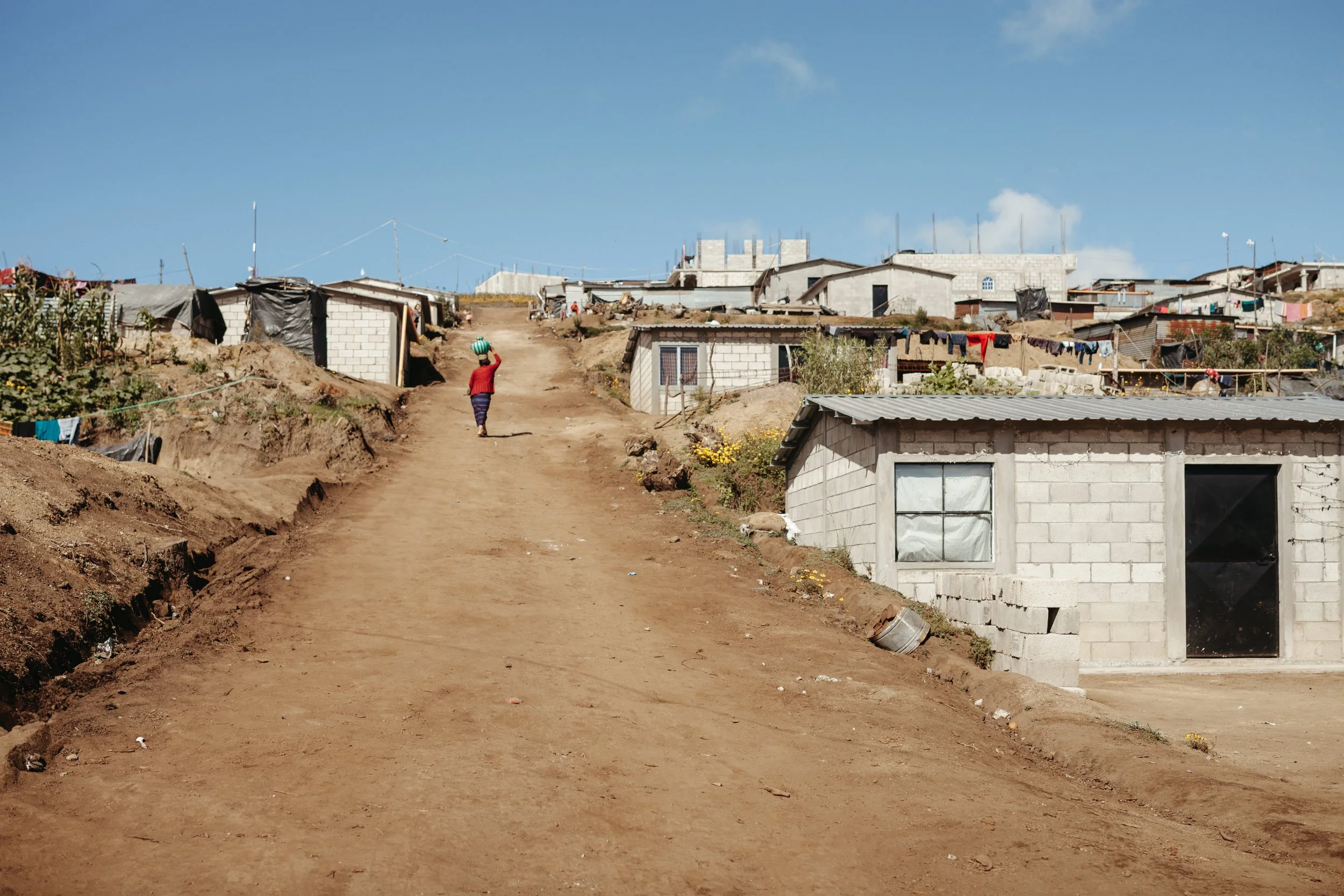Professor Audelino Sac Coyoy and the Renaissance of Lost Knowledge
The exploration of lost Indigenous knowledge systems is crucial for understanding the profound shifts during the 16th century, a period from the late 15th to early 17th century marked by significant European colonial encounters that dismantled Indigenous ways of knowing and rich cultural traditions. A poignant example of this destruction is the burning of the Maya libraries in Mesoamerica, an act of epistemicide that eradicated countless years of Indigenous wisdom, highlighting how these colonial interactions marginalized diverse knowledge systems in favor of dominant Western paradigms. In this context, the effort to reclaim and revitalize suppressed Indigenous knowledge is vital, as recent scholarship integrates ancient Indigenous insights into contemporary discussions, advocating a return to community-centric wisdom. This approach challenges prevailing academic narratives and offers essential perspectives for fostering a sustainable and inclusive future amidst ethical and ecological challenges. Professor Audelino Sac Coyoy plays a vital role in reintroducing the knowledge lost during this protracted period, effectively illustrating how the intricate relationships within these systems were disrupted. His work, particularly in "Katit-Kamam: Maya Time in Xelajuj No’j," illuminates these complexities and champions the integration of ancient Maya epistemology into contemporary dialogues, providing critical insights for nurturing a sustainable and pluralistic future that acknowledges the value of Indigenous wisdom in addressing ongoing ethical and ecological challenges.
Epistemological injustice within the context of European colonialism and the settler colonial model of conquest refers to the unfair treatment in understanding and valuing knowledge from different cultures. This injustice continues today, as colonialism is not merely a historical event but an ongoing process affecting various communities. For instance, many Native American communities blend traditional healing methods, such as herbal medicine and ceremonies, which have been practiced for generations and are deeply rooted in their cultural beliefs. Despite the efficacy of these practices, they often face skepticism or outright dismissal from modern healthcare frameworks, which primarily legitimize Western biomedical approaches. Current examples highlight this disparity; while Indigenous healing methods are often effective in addressing physical, mental, and spiritual health, patients from these communities may struggle to receive adequate care that respects their traditions. Additionally, initiatives like integrating Native healers into healthcare systems aim to bridge this gap, yet they frequently encounter structural barriers that impede their broader acceptance. This situation underscores the urgent need for a more inclusive understanding of health that honors and elevates Indigenous epistemologies as valid and crucial components of medical practice.
Many "modern" medicines owe their origins to Indigenous knowledge systems, reflecting the profound wisdom embedded in traditional practices. For instance, willow bark, as a natural pain reliever, has been adopted in modern medicine as a primary source for aspirin. Similarly, quinine, extracted from the bark of the cinchona tree, has been crucial in treating malaria and highlights the effectiveness of traditional remedy practices. Paclitaxel, derived from the Pacific yew tree, is employed in chemotherapy treatments for cancer, demonstrating how Indigenous understanding of flora has contributed to significant advancements in oncology. Additionally, artemisinin, sourced from the sweet wormwood plant, is utilized as a leading treatment for malaria, further exemplifying the invaluable role of Indigenous knowledge in the pharmacological domain. These examples underscore the necessity of integrating Indigenous traditions into modern healthcare practices, honoring their contributions to human health and wellbeing.
Indigenous epistemology is inherently relational, emphasizing the connections between individuals, their communities, and the environment. This worldview fosters a holistic understanding of health that encompasses physical well-being and emotional and spiritual dimensions. In the context of postpartum depression (PPD), a condition that affects many new mothers, Indigenous methods highlight the importance of community support, traditional healing practices, and the nurturing of maternal relationships. In contrast, dominant healthcare systems often prioritize clinical protocols over humane, relational care, which can exacerbate feelings of isolation and dehumanization among patients. When new mothers are treated as mere data points within a bureaucratic system, the emotional and communal facets of their experience are overlooked, significantly impacting their mental health. Recognizing the relational nature of Indigenous approaches offers a pathway to counteract these issues, encouraging healthcare delivery systems to adopt more compassionate, inclusive practices that validate and support the lived experiences of all patients. Thus, integrating Indigenous wisdom can be fundamental not only in addressing postpartum depression but also in fostering an overall healthcare environment that nurtures holistic well-being.
The work of Professor Audelino Sac Coyoy vividly illustrates the intricate web of relationships that connect not only humans but also the broader non-human world, offering a refreshing contrast to the pervasive individualism and competition characteristic of Western culture. By prioritizing interconnectedness, Sac Coyoy's approach advocates for a more inclusive understanding of existence, where the well-being of individuals is deeply interwoven with the health of the community and the environment that sustains them. This relational perspective challenges the dominant narrative that promotes personal success and competition, highlighting that true fulfillment emerges from nurturing relationships, mutual support, and shared responsibilities across all life forms. In times of crisis—whether social, ethical, or ecological—embracing this holistic worldview becomes essential for cultivating resilience and sustainability within our communities and their ecosystems. Sac Coyoy's insights honor Indigenous methodologies and invite a critical examination of how we collectively engage with the complexities of modern life, ultimately urging us to recognize that our destinies are intertwined with those of the non-human entities that share our world.
We invite you to join us in this important conversation and exploration of Indigenous wisdom and its vital role in modern healthcare practices. Your participation is crucial as we strive for a more inclusive and holistic approach to health that respects and integrates diverse knowledge systems. Click the link below to learn more and secure your spot for this enlightening event:





